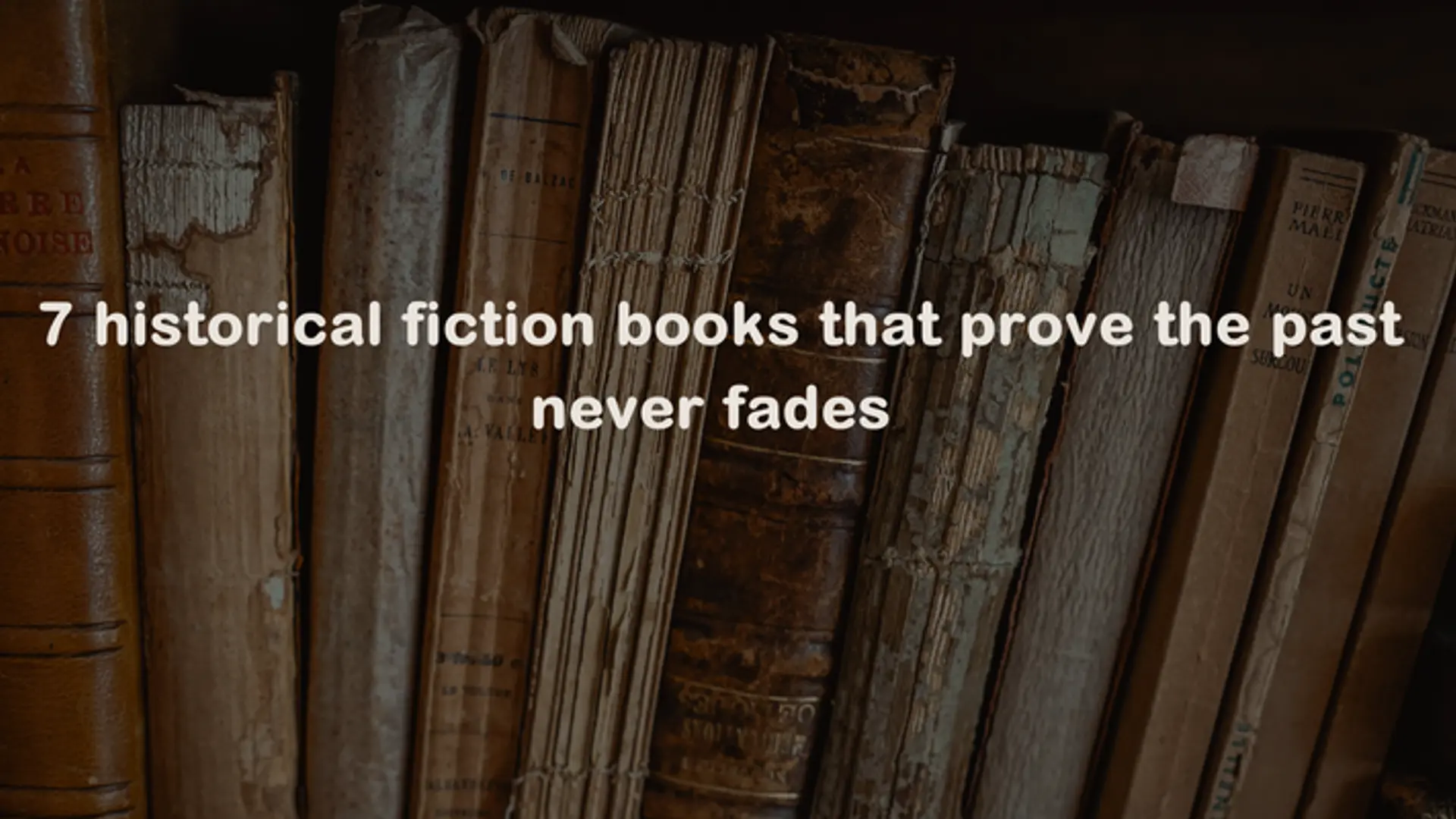Netflix, Hotstar, Jio might soon regulate content on their own
A majority of OTT services such as Netflix and Hotstar are open to self-censorship to avoid government regulation in the sector. However, one major player does not agree yet.
Just as Indian audiences were getting used to uncensored creative content on video-streaming platforms like Hotstar, Netflix, Amazon Prime Video, ALTBalaji, JioTV and others, things stand to change now.
The Internet and Mobile Association of India (IAMAI) has proposed a code of self-regulation for OTT services, and will unveil it at the 13th India Digital Summit in New Delhi on January 17.
The draft outlines best practices for OTT platforms, and prevents them from streaming content that is banned by Indian courts, disrespects the national flag and national symbols, hurts religious sentiments, promotes acts of violence against the Indian state, and advocates child pornography.

The draft also urges OTT content providers to build a grievance redressal mechanism such that users can file complaints and those can be reviewed by the I&B Ministry. This might also lead to the creation of an adjudicatory body for the OTT industry. The draft is due for ratings from the I&B Ministry before it comes into effect.
IAMAI President Subho Ray told YourStory on email,
“The final version [of the draft] would be released tomorrow. Rest is all gossip.”
According to a report in ET, several OTT players including Netflix, Hotstar, Zee5, Jio, and ALTBalaji have already agreed to self-regulate. They see it as a better alternative than government regulations on the OTT sector. Until now, online platforms were the only space devoid of the usual trappings of media censorship. All other creative mediums - television, radio, and cinema - are monitored by the I&B Ministry.
Amazon Prime Video is the only major OTT player that is said to have opposed the regulation calling it a “dangerous precedent” and a threat to creative freedom. However, the company is yet to issue any official statement on the matter.

Interestingly, Netflix too was opposed to censorship last year, when petitions were made in the Delhi High Court, demanding removal of certain words or dialogues from its first Indian original, Sacred Games. Judges hearing the petition, however, told Netflix, “Nobody is pressing or forcing you. You take your own decision, whether you want to change the word or not. We are not going to compel you.”
While Netflix is yet to comment on the new draft and why it agrees to self-censor, a few other OTT services like Zee5 have welcomed self-regulation.
In a prior media interaction, Tarun Katial, CEO of Zee5, was quoted as saying, “I think self-regulation is the best way of regulating content. OTT is a very personal medium and I don’t think, at this point in time, there is any need to regulate the content. The government has been very good about regulating content on TV and it is self-regulation that works there as well.”







